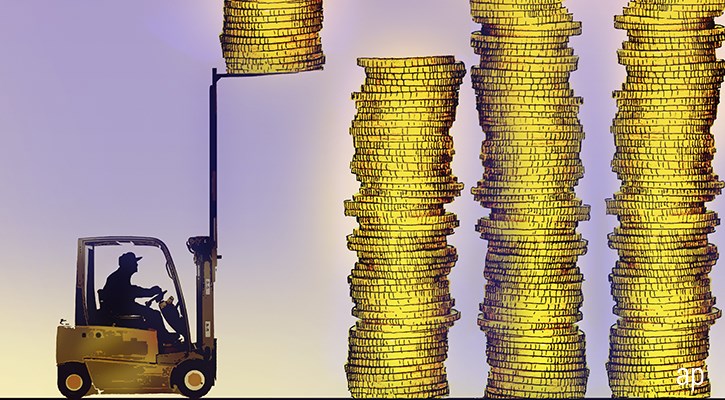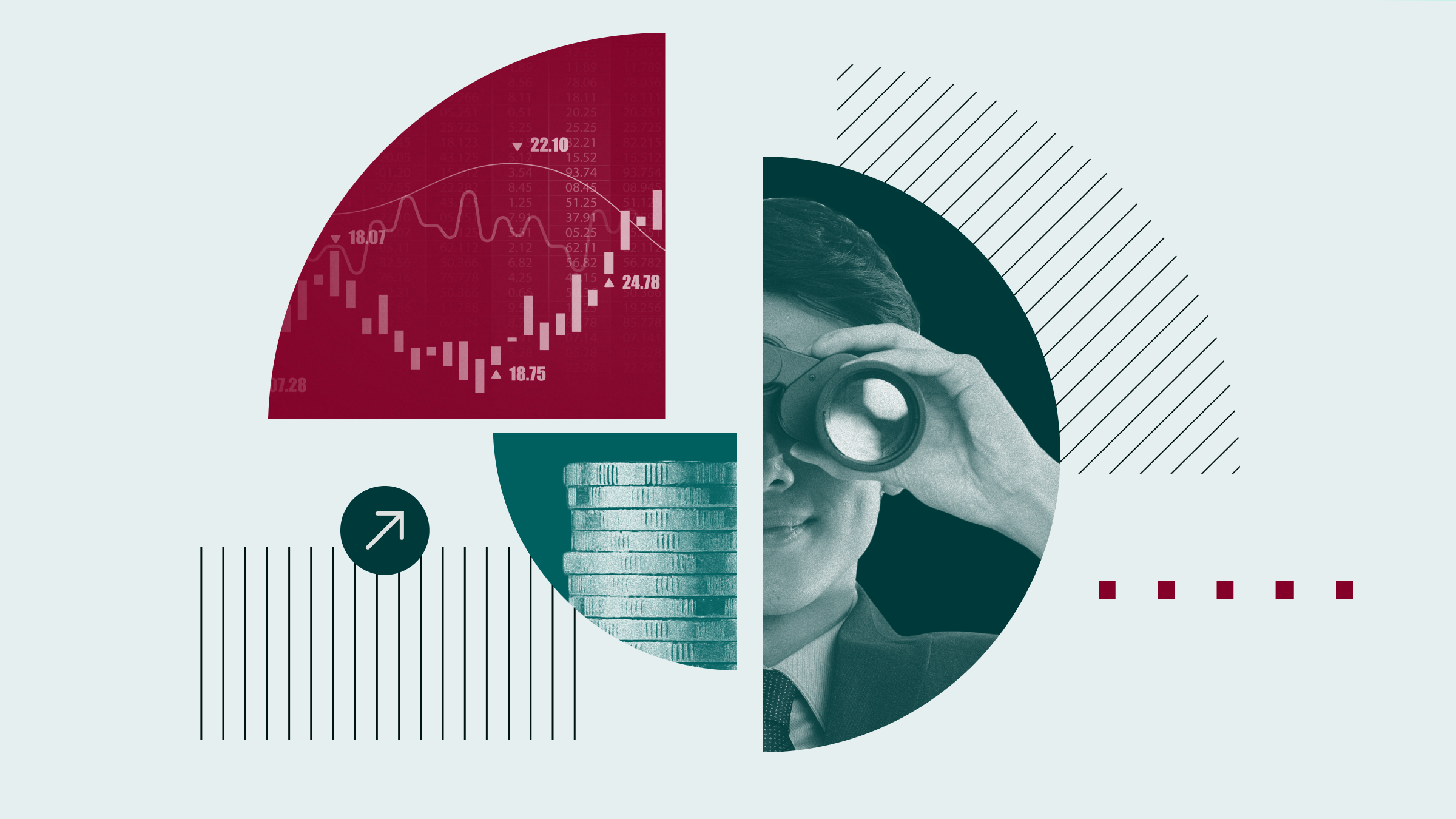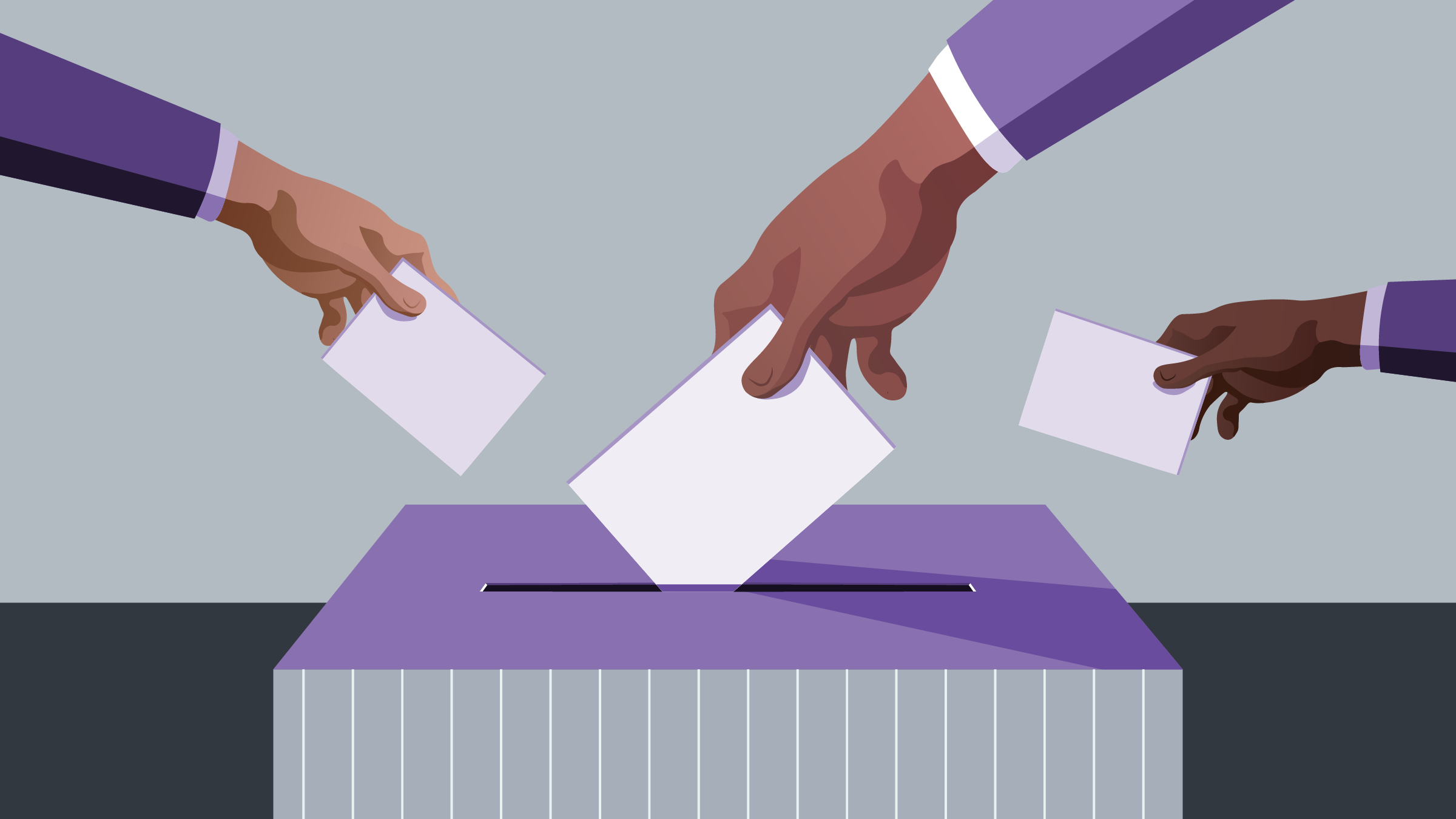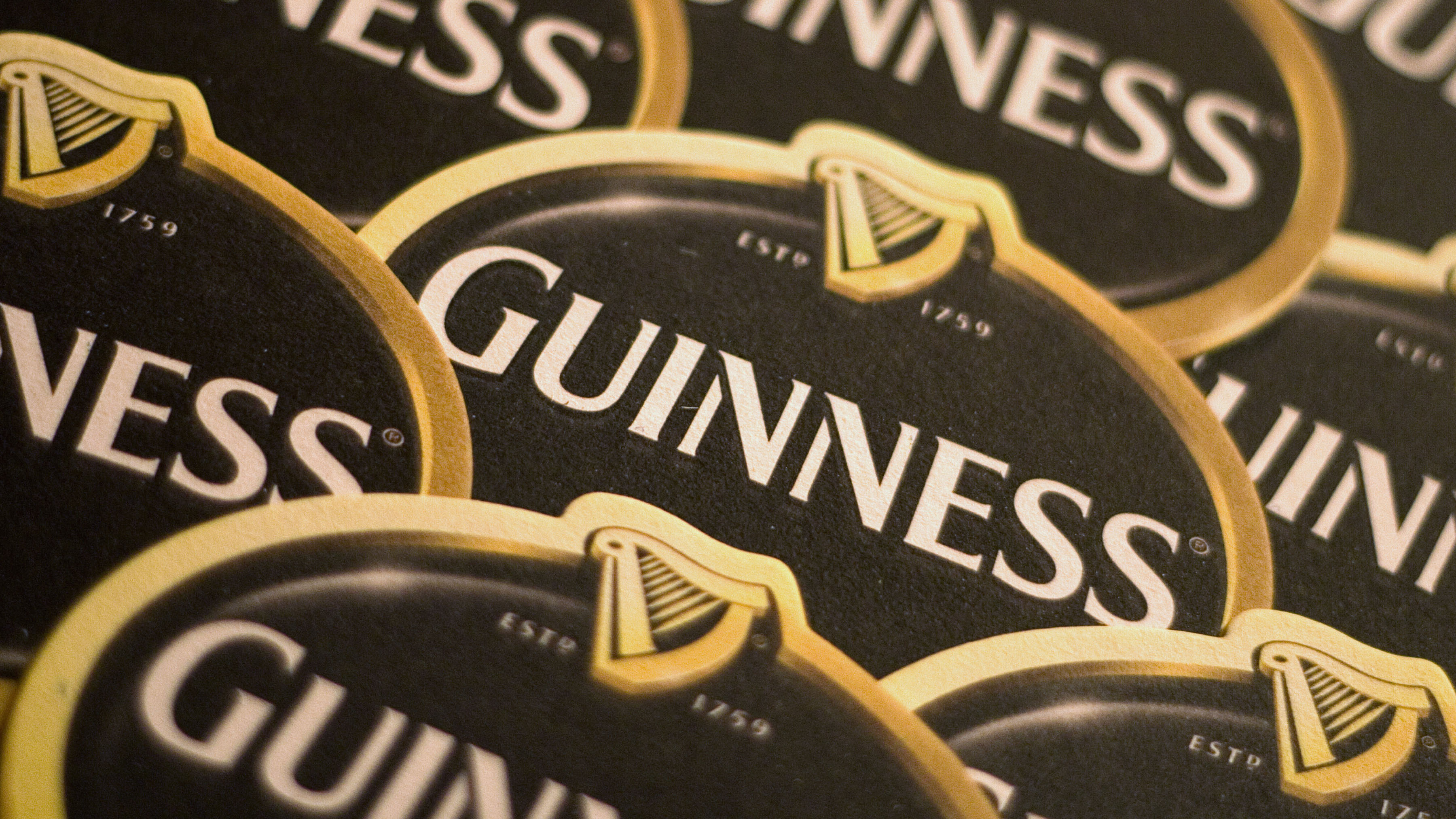
Every investment journey should have an end goal. Harold de Vries has two: the first is to ensure he has an early and comfortable retirement, and the second to provide a solid financial base for his two young children.
Harold, who lives in Middlesex with his fiancée, made his first investments in the aftermath of the financial crisis when he put money in banks and construction firms. “At the time, I didn’t know what details I should be looking at in order in judge investment opportunities,” he says. “But it seemed clear to me the market was down and this offered potential.”
Despite this initial experiment, it wasn’t until 2015 that Harold really started to get interested in investing. “I used my free time to learn more about investing from the likes of Warren Buffett and Monish Pabria as well as how to analyse businesses,” he says.
Harold, who works in marketing, tries to invest every regularly into his Isa and his self-invested personal pension (Sipp). He also runs a couple of Junior Isas for his children, which he puts money into each month.
Across these various accounts, Harold’s funds are split between low-cost index-tracking funds and individual company shares. He uses the index funds to spread his money across different regions and has products tracking the FTSE 100 in the UK, the S&P 500 in the US, and some China and emerging markets indices.
My Tech Success
When it comes to his individual shareholdings, Harold does “extensive analysis” before making any decisions. “And I only invest if I think the price versus its value is right,” he adds. While experts advise not trying to time the market, Harold has had some success in backing stocks at the right time. He bought shares in Facebook (FB), for example, after its share price dipped following the Cambridge Analytica scandal, which saw many Facebook users’ data harvested by the tech firm and used to target political adverts.
Since then, however, the business has recovered and its Facebook shares have risen and Harold has enjoyed a gain of 100% on his investment so far. Facebook has a three-star rating from Morningstar analysts, who rates its positions as the largest social network in the world, with 2.5 billion monthly active users.
Morningstar says: “While utilisation of the data is under scrutiny in different markets, we think Facebook’s large audience size will still attract the ad dollars. Growth in Facebook’s average ad revenue per user indicates advertisers' willingness to pay more for Facebook-placed ads, as they expect high return on investment from the targeted ads.”
Buying on the back of share prices falls is a tactic Harold has used to buy other technology holdings too. He bought shares in both Cirrus Logic (CRU) and Qualcomm (QCOM) when markets crashed in early 2020 in response to the coronavirus pandemic and the subsequent economic lockdown.
“Both of these companies will, I hope, benefit from the roll out of 5G,” says Harold. “I consider these a long-term play within my portfolio, but they are already up more than 50%.”
Harold is also slowly building investments in the travel sector, which has been devastated by the Covid-19 crisis. He holds shares in Tui (TUI) and easyJet (EZJ), which he believes will eventually recover – though he admits patience will required to see this investments through.
Learning from Past Mistakes
Of course, not all of Harold’s investments are sitting in positive territory. A holding in house builder Taylor Wimpey (TW.) is down slightly, but he hopes the UK housing shortage and the firm’s low debt levels should see it come good: “I believe this company is undervalue and will hopefully be a good longer-term investment.”
Harold has learned some important lessons about investing in the past few years. “One of the main disasters I had was investing in NMC Health, which went bust earlier this year,” he says. “I didn’t want to sell out at a loss, despite bad news building up, so ending up losing 100% of my investment.”
Harold bought shares in the United Arab Emirates healthcare chain in 2018 when shares had fallen 50% from their peak. “But I never properly analysed the business – I relied too much on information from other sources – and I didn’t understand the business well enough to graps the risks.”
The loss has taught Harold to do more thorough research for himself and to only invest in businesses in countries with strong governance. He adds: ““Now I focus on investing only in businesses and share I understand and which are strongly undervalued.”










.jpg)

















